On 19 July, a week ahead of the 26 July start of Paris 2024, Nike released its Olympics campaign ‘Winning Isn’t For Everyone’ – created with Wieden + Kennedy Portland and featuring an A-List line-up of brand ambassadors – which aims to flip the script on the spirit of the Games and the idea of respectful athletes by championing the ruthless attitude and drive it takes to be a winner.
The campaign – which is voiced by actor Willem Dafoe and stars Giannis Antetokounmpo, Kobe Bryant, Ixhelt Gonzales, Sabrina Ionescu, Jakob Ingebritsen, LeBron James, Eliud Kipchoge, Kylian Mbappé, Alexia Putellas, Sha’Carri Richardson, Cristiano Ronaldo, Sophia Smith, Vini Jr, Bebe Vio, Victor Wembanyama, Serena Williams, A’ja Wilson and Qinwen Zheng – explores the audacious, selfish determination to ‘win at all costs’ and is voiced by actor Willem Dafoe. It probes the motivational qualities of the sporting greats: including their obsession with power and winning, the inability to ever be fully satisfied and a lack of empathy for their rivals asking “Am I A Bad Person?”
Objective
Nike has chosen Paris 2024 as the fulcrum to start a fresh company strategy refocusing around ‘sharper and bolder, conversation-starting marketing’ (leaning on flagship athlete ambassadors and key sporting moments) in an attempt to regain momentum after a recent sales slump.
Nike saw revenue slide 2% year over year to $12.6bn in its most recent financial quarter and slashed its guidance for the year.
The sportswear giant has admitted to over-focusing on its direct-to-consumer (DTC) strategy in recent years and has seen new challenges from young, upstart brands like Hoka and On Running in categories that it once dominated (like running).
‘Winning Isn’t for Everyone’ sets out to continue Nike’s 50-year-plus legacy of inspiring Olympic athletes through powerful storytelling and aims to ‘redefine what it means to have a winning mindset for a new generation’.
But quite how does this Games’ campaign brings to life Nike’s umbrella mission – to do everything possible to expand human potential by creating groundbreaking sport innovations, making products more sustainably, building a creative and diverse global team and making a positive impact in communities where we live and work – remains to be seen.
Activation
While most Olympic marketers are embracing a the classic ‘spirit of the Games’ and a sense of feel-good sportsmanship, comradery and unity, Nike chose to ‘zag’ and take a more combative, subversive approach by digging into sporting mindsets that are often perceived as negative by general society, but which often motivate the very best-in-class athletes.
The campaign idea aims to restate the brand’s belief that there’s nothing wrong with the single-minded will to win. It aims to embrace the individual drive for excellence that pushes the best athletes to achieve their dreams.
Nike’s message is that the right mindset is key to being a winner and the brand is showcasing how sport and the pursuit of victory can inspire people from all walks of life.
The insights for the campaign came directly from brand representatives’ conversations with Nike athlete ambassadors over the years: who attest to determination, grit, self-sacrifice and passion and the single-minded focus it takes for athletes to get to the top of their sport and the Olympic stage.
The creative represents the athletes’ inner thoughts when they’re competing on their fields of play and “celebrate what it takes to be a winner.
The campaign is spearheaded by a hero TV ad, backed by a set of dedicated athlete extension films and visuals for social, as well as social media partnerships and an international outdoor strand, plus on-the-ground activity and experiences in Paris.
Directed by Kim Gehrig, the 90-second spearhead ‘Winning Isn’t For Everyone | Am I A Bad Person?’ film shows athletes competing in their respective sports while Willem Dafoe (an actor frequently cast in villainous roles) delivers an energetic monologue asking viewers whether they think these athletes are bad people.
Dafoe states: “I have no empathy. I don’t respect you. I’m never satisfied. I have an obsession with power. I’m loud. I’m irrational, I have zero remorse, I have no sense of compassion. I’m delusional, I’m maniacal. You think I’m a bad person? Tell me.”
The ad dropped on 19 July, one week ahead of the start of the Olympics, and ends with the copy: “You can’t win them all, but you should sure as hell try. Bring on the odds, play like you mean it. Because if you don’t want to win, congrats. You’ve already lost” and aims to drive people online to ‘explore more about what it takes to win from the best athletes in the world’ at https://www.nike.com/winning-isnt-for…
Even the (unusual) red colour of Nike’s swoosh logo looks intentionally aggressive.
The campaign also includes social media content and out-of-home ads – with billboards appearing in key Nike markets around the world (including Australia, Peru, Argentina, Mexico, Philippines, Singapore, Thailand, India, Japan, Korea, Netherlands, France, UK, USA, Italy, Spain, Germany, Turkey and South Africa) which pair athlete ambassadors with copy like “If you don’t want to win, you’ve already lost” and “My dream is to end theirs.”
The campaign is rounded out with dedicated athlete extension films and visuals and social media partnerships with many of the featured athletes.
Kobe’s desire to win, meant he would do whatever was needed to get the W. #WinningIsntForEveryone pic.twitter.com/o1KPiF8lpV
— Nike (@Nike) July 18, 2024
Freak.#WinningIsntForEveryone#Paris2024 @Olympics pic.twitter.com/qFh1SHiGio
— Giannis Antetokounmpo (@Giannis_An34) July 19, 2024
“from
with love.”
alexia putellas oh my
pic.twitter.com/hlycwIiD5n
— ³ (@p6tellas) July 19, 2024
“This isn’t just a campaign. This is about celebrating the voice of the athletes and exploring their winning mindset. It’s a story about what it takes to be the best. The sacrifices, determination and grit athletes commit to in their pursuit of greatness. The legacies that have yet to be shaped. And the dreams that will be made real. It reminds the world that there’s nothing wrong with wanting to win.”
Nike Chief Marketing Officer Nicole Hubbard Graham
Credits
The team at client brand Nike which commissioned and briefed in the campaign included Nike Chief Marketing Officer Nicole Hubbard Graham, Brand Directors Andy Whiteside, Bill Maginnis and Steve Henderson, Brand Managers Janine Engel, Brooke Snow and Colin Burke, Studio Manager Miko Cowan, Studio Manager Rachel Boucher, Brand Directors Helena Thornton, Ali Scharkey and Enrico Balleri, Design Director Andy Walker, Product Managers Kai Magobenny and Jeff Heisler, Social Manager Lauren Thompson, Business Affairs Manager Sarah Barrett, Product Manager Erin Usison, Marketer Kavita Paige, Manager Alyssa Bock, Business Affairs Manager Deb Henderson and Brand Director Jonathan Ritchie.
The campaign was conceived and created by Nike’s long-time agency of record Wieden+Kennedy Portland where the group working on the project included Executive Creative Directors Caleb Jensen and Blair Warren, Creative Directors Kevin Steele and Pedro Izique, Head Of Production Orlee Tatarka, Executive Producer Kerli Teo, Producer Emily Knight, Assistant Producer Lily Teague, Artists Grace Tsai Petrenka and Rosie Ollero, Research & Development Emily Bibey, Production Assistant Lauren Hill Vaughan, Creative Jacobi Mehringer, Copywriters Andrew Chhour and Courtney Fields, plus James Yu and Lisa Kadous, Head Of Social Media Dan Viens, General Manager John Dempsey, Brand Director William Frazier, Strategy Director Irsis Cabral, Content Producer Tom Lock, Art Director Tola Oseni, Operations Team Members Andrea Drapcho and Asako Takahashi, Executive Assistant Val Harder, Business Affairs Managers Amber Lavender, Mirielle Smith and Billy Mucha, Managing Director Kathryn Addo, Brand Director Paul Wentworth, Brand Managers Katie Rietzke and Maggie Koplin, Strategic Planner Becca Taylor, Communications Directors Brian Goldstein and Reme Debisschop, Media Director Jarod Diaz, Media Managers Bobby Finicle and Alyssa Chu-Tom and Design Director Alicia Kuna, plus Designers Sarah Starr, Paris Fontes-Michel, Elena Reyna Hernandez, Sophie Van Der Merwe, Hui Chen Ou Yang, Linh-Yen Hoang, Jim Ward and Jason Scheuermann, Studio Directors Matt Blum, Vicki Liu and Ken Berg, Retouchers Frazer Goodbody, Shay Platz, Amy Ellars, Greg Radich and Frances Brown, Print Producers Denise Hanggi and Kristin Holder, Broadcast Producer Maisie Plew and Broadcast Producer Greg Depp.
Additional input came from a team at creative agency Curious Research & Clearance with Executive Producer Christina Lutz, Producer Samalee Matuszak, Team Member Julia Brandão, Research & Development Managers Griffen Eckstein, Nick Ehart, Diego Alisson, Tarik Faris, Jessica Cope, Marco Zenini and Giulianna Lopérgolo Aguiar.
The production studio was Somesuch US with Director Kim Gehrig, Director Of Photography Chayse Irvin, Founders Sally Campbell and Tim Nash, Managing Director Seth Wilson, Executive Producer Seth Wilson, Head Of Production Roger Zorovich, Print Producer Joe Yardley, Director’s Assistant Stephan Moni, Line Producers Alexandra Lisee and Jacob Swan Hyams, Production Supervisor Danielle Bilman, Production Manager Dominika Wosik, Production Supervisor Andrew Mardis, 1st AD Guy Forgaard, Production Designer Akin McKenzie, Stylist Camille Garmendia, plus Coordinators Andy Ansah, Seth Dakin, Durray Thirdgill and Mike Fisher.
Additional art production was by Emilie Muller Production with Photographers Anthony Blasko, Nico Therin and Christopher Anderson, Executive Producer Emilie Muller and Producer Cat Pires.
Post Production and VFX came from Joint with Executive Producers Annie Maldonado and Tina Starkweather, Head Of Production Catherine Liu, Editors Eric Hill and Ling Chua, Edit Assistants Ian Devore and Joe Carugati, Flame Artists Brandon Sanders and Hannah Barnes, Motion Designers Gavin Wright, Katrina Zimmerman, Wesley Kandel and Austin Hyde, plus Producers Izzie Raitt, John Dillon, Dillard Brown and Zai Outlaw
Additional post production and VFX was by a52 where the group including Creative Directors Andy McKenna and Jesse Monsour, CG Supervisor David Hyatt, Flame Artists Adam Flynn, Kevin Stokes, Michael Vaglienty, Benoit Mannequin, Theodore Maniatis, Rod Basham, Nicolas Vigneau, Andy Davis and Joey Brattesani
VFX Artists Kevin Stokes, John Valle and Matthew Monteleone, 3D Artists Dustin Mellum, Chris Clyne, Scott Nishiki, Joe Chiechi, Mike Bettinardi, Joey Bettinardi, Jose Limon, Joe Paniagua, Christian Sanchez and Mike Kirylo, Managing Director Eve Kornblum, 3D Lead Andy Wilkoff, Head Of Production Drew Rissman, VFX Producer Sam Cornwell, plus Executive Producers Kim Christensen and Patrick Nugent.
Further post and VFX was by a team at Trafik which included Colourist Mark Gethin, Colour Assistant Taylor Pool, Head Of Production Greer Bratschie and Managing Partner Robert Owens.
Editorial was handled by Spotwelders with Editor Robert Duffy, Edit Assistant Brian Jones and Producer Edwina Lantigua.
Music and sound was by Field Day Sound Designers Noah Woodburn, Morgan Johnson and Natale Huizenga, with Executive Producer Leslie Carthy.
Further music and sound was by Soundtree with Creative Director Peter Raeburn, Managing Director and Executive Producer Jay James, Music Supervisor Colin Mcllhagga, plus Arrangers Peter Raeburn, Luke Fabia, John Mourounas and Benjamin Jones.















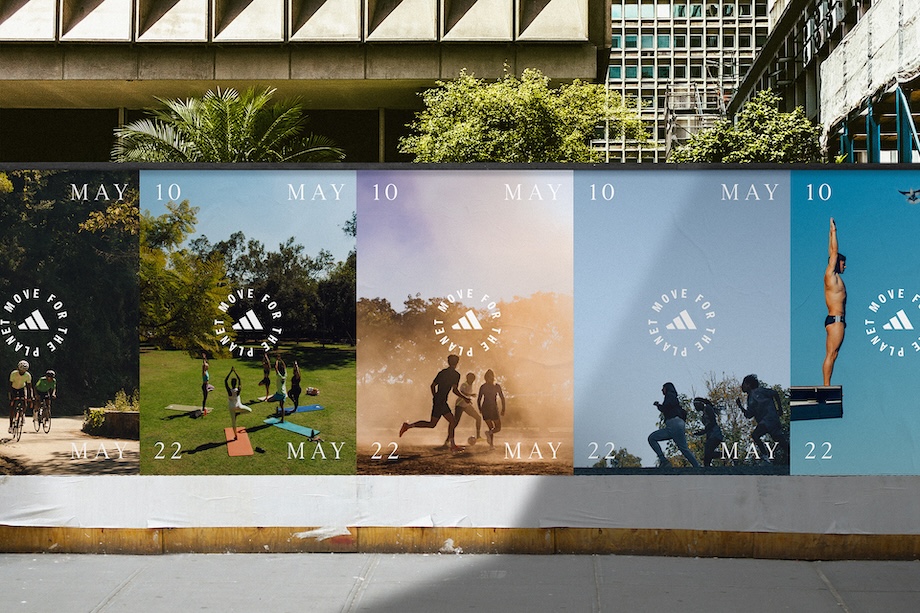
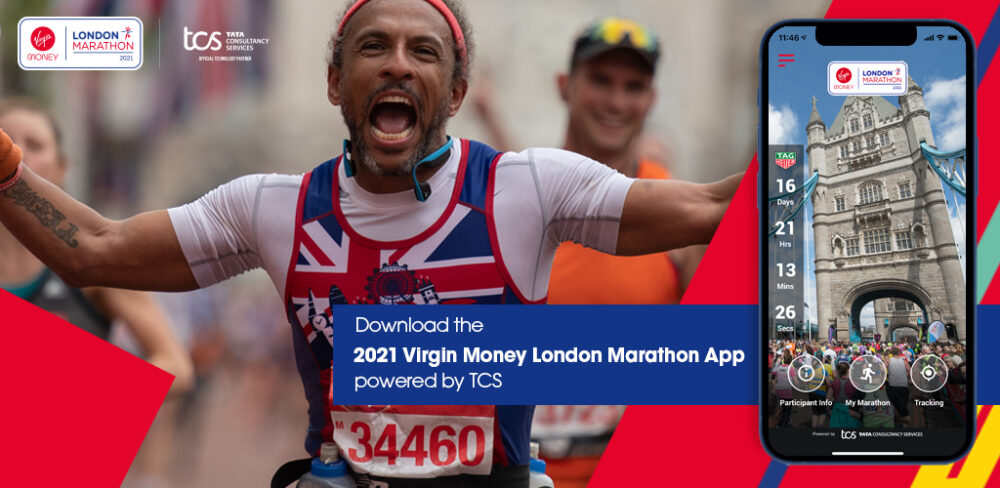
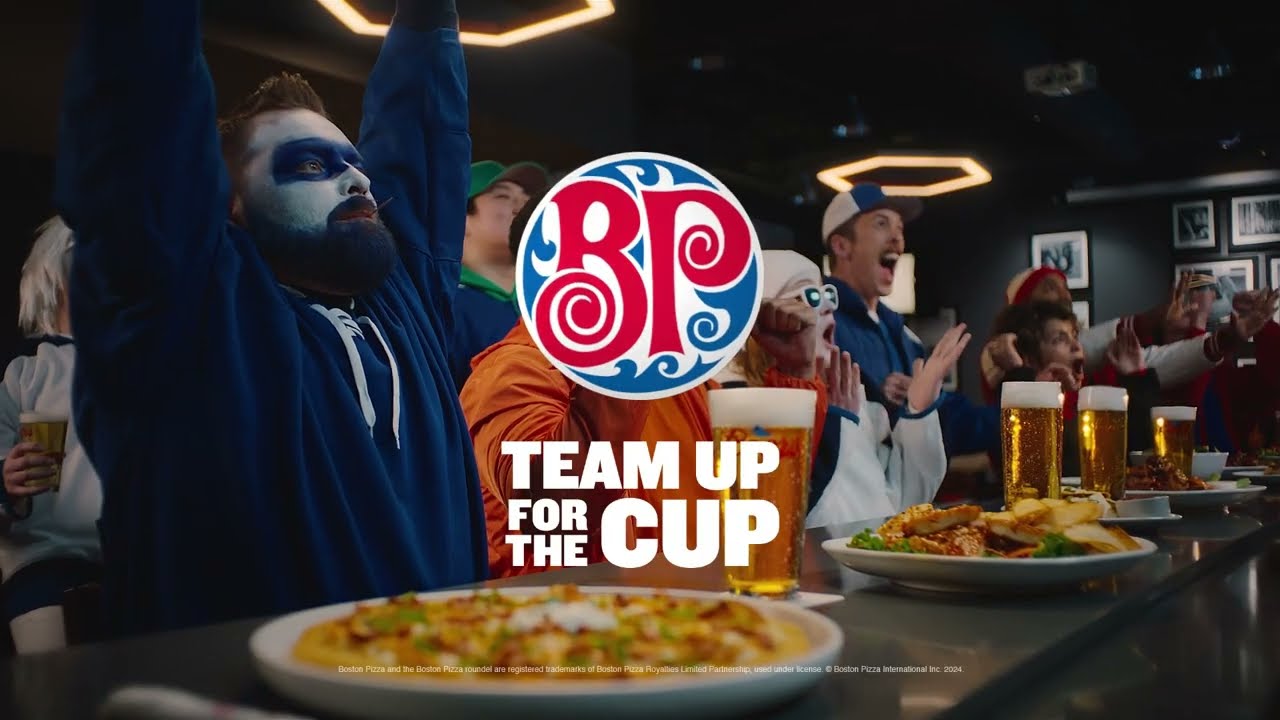
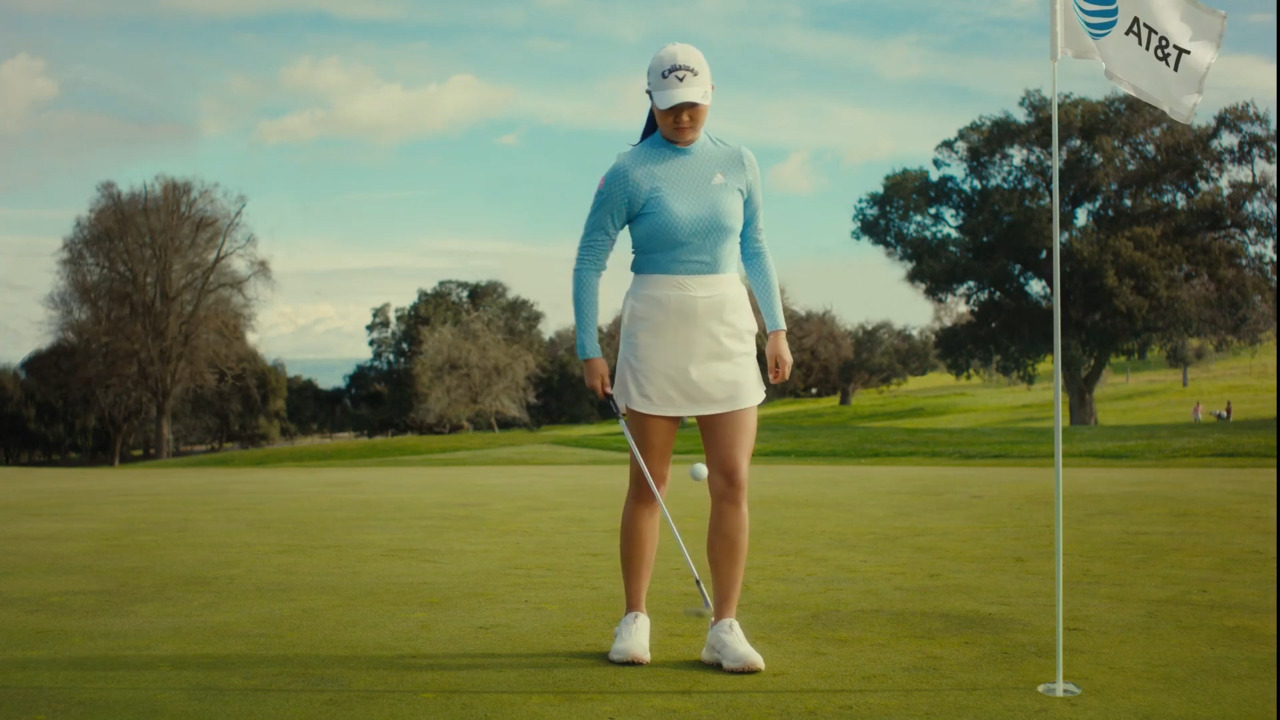
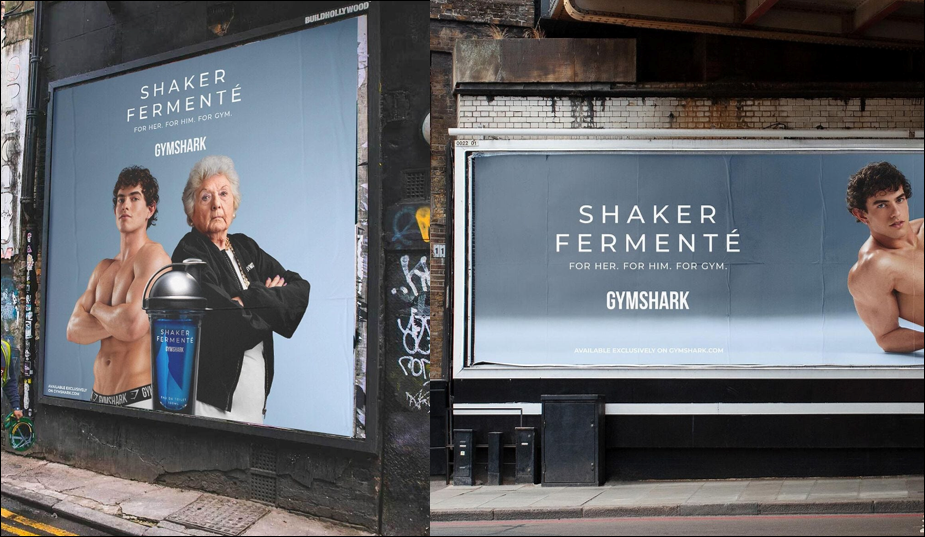
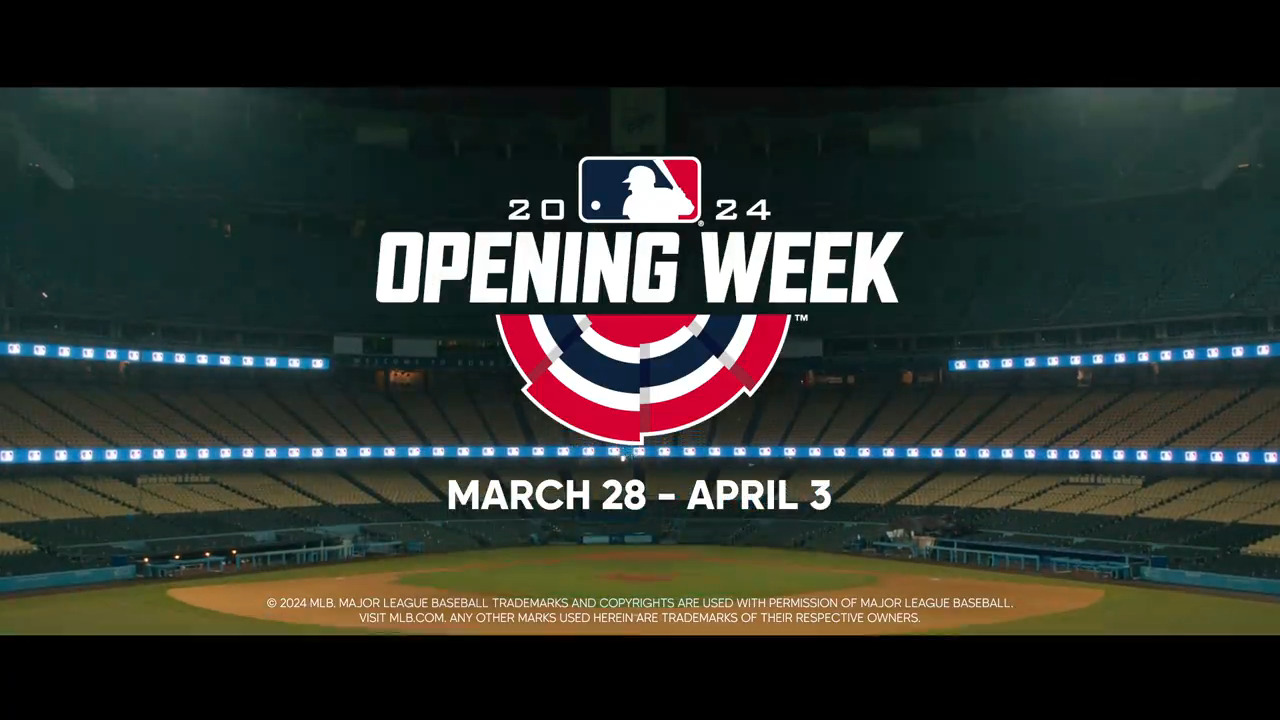
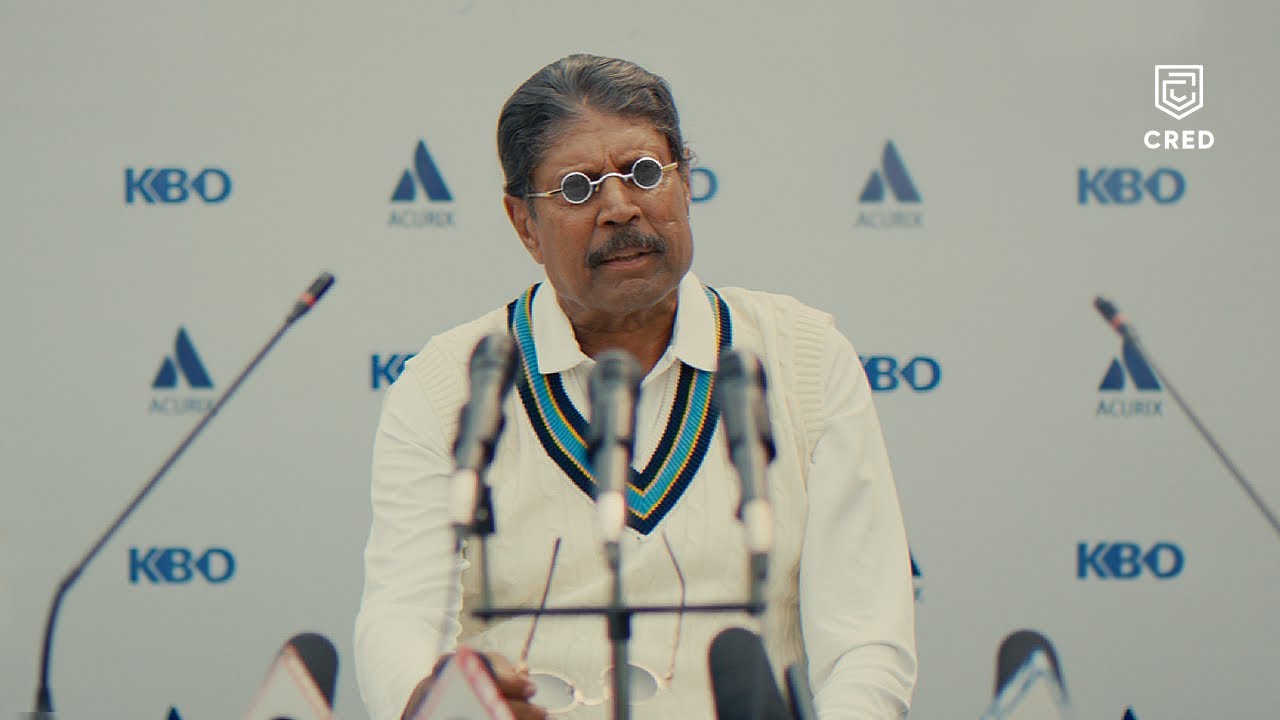
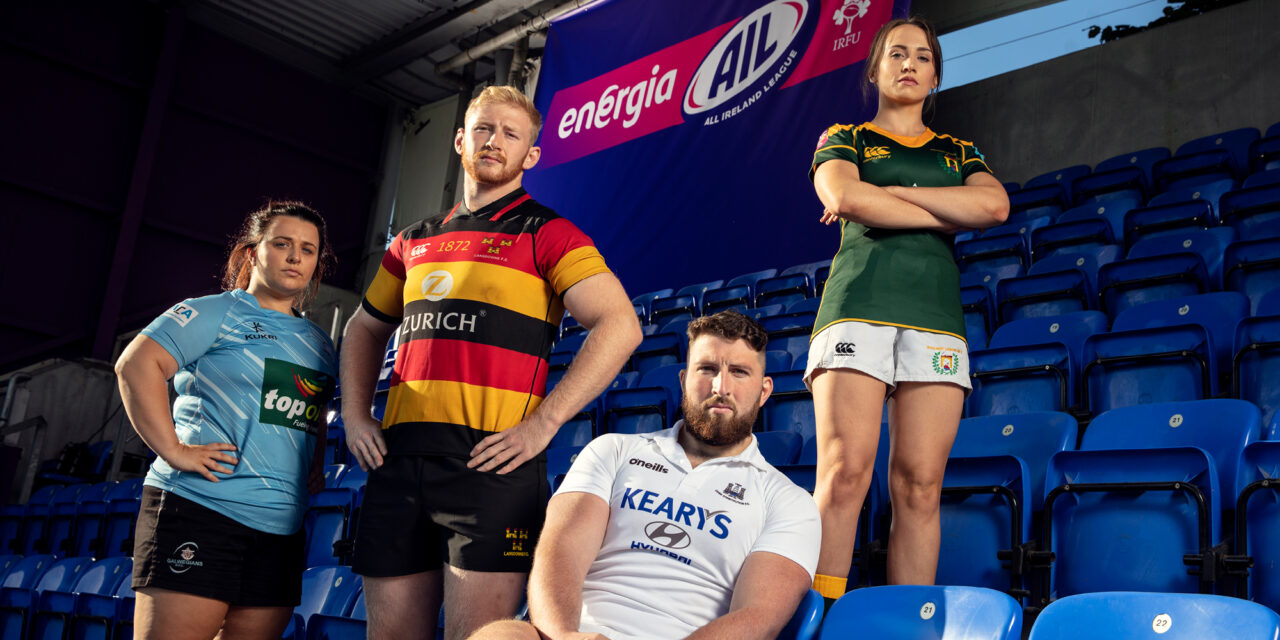
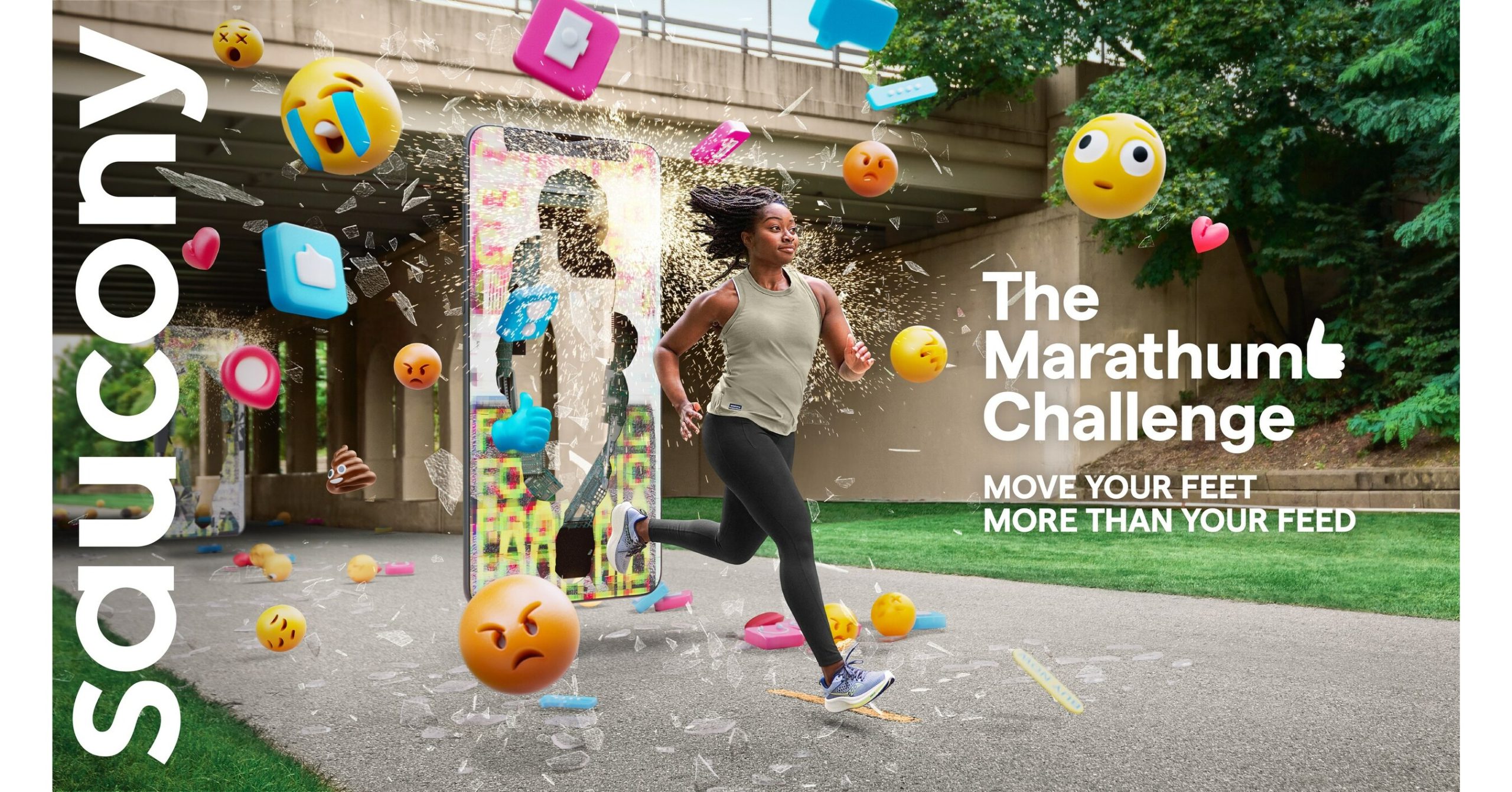

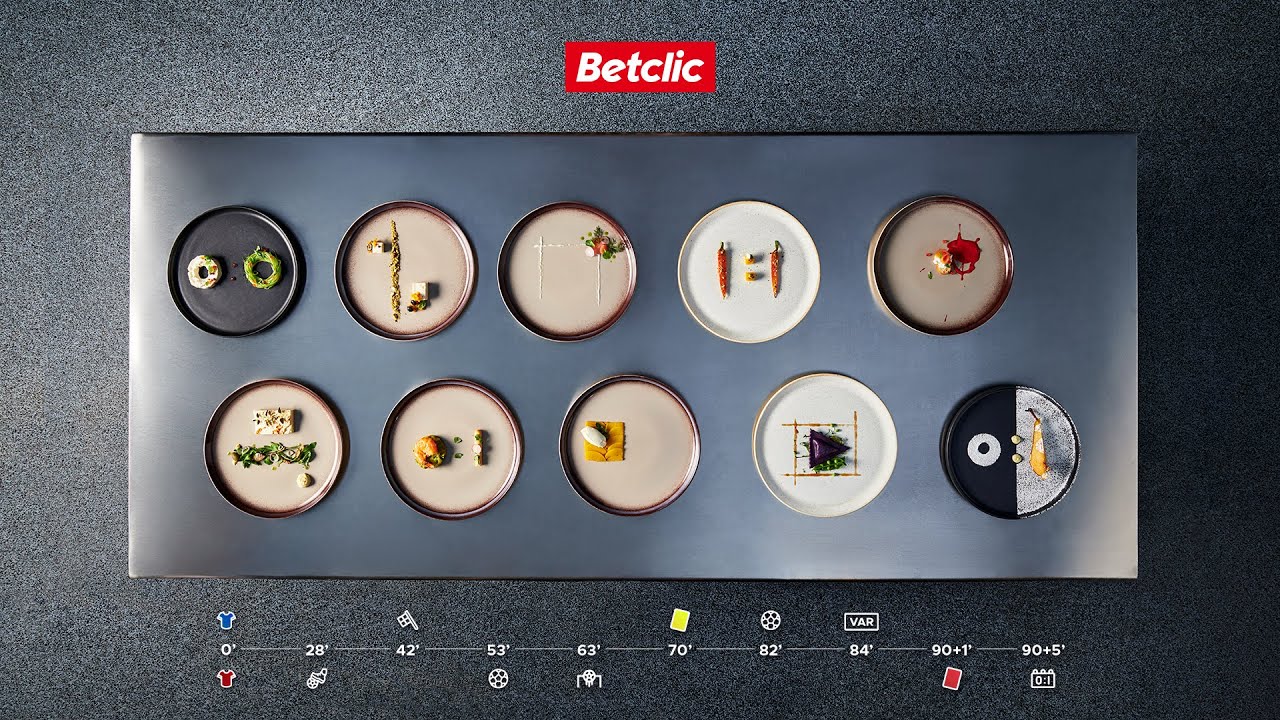








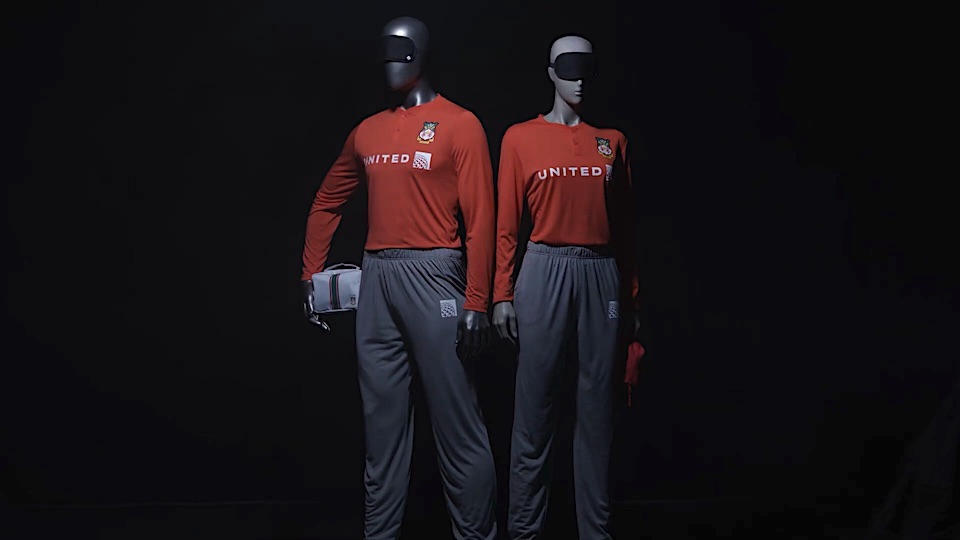


This ad is not only full of attitude, but it is downright dirty.
But it is also polarizing.
It is the biggest marketing initiative undertaken by Nicole Hubbard Graham since she stepped into the Chief Marketing Officer role at the start of 2024 when she replaced six-year incumbent and longtime Nike veteran Dirk-Jan van Hameren.
It rolled out as Nike continues to experience ‘below market expectation’ performance struggles and as the company admits to several strategic mistakes – including moving too far into analytics-driven, Direct-To-Consumer (DTC) digital channels – and this brash, bold campaign aims to get the brand back on track.
But has the campaign gone further than it needed to?
Does it even seem out of date?
After all, Paris 2024 creative is dominated by contrary messages about togetherness, unity, inclusivity, mutual support, teamwork and the Olympic spirit, while rival sportswear brands like adidas and its ‘You Got This’ marketing platform are currently focusing on helping younger generations (Millennials, Gen Y and Gen Z) cope with increasing mental wellbeing and combating social media stress and pressure.
In tonality and messaging, here Nike seems to be taking the opposite cultural track with these self-centered, egoistic, elitist ads suggesting winning is the only thing that matters.
The prevailing culture in sport seems to be shifting away from championing the ‘stereotypical alpha, male’ attitudes, towards communality and the greater good. It is hard to imagine the communal and supportive new sports culture of skateboarding, snowboarding or surfing – where rivals typically seem to be genuinely supportive of and appreciative of one another’s outstanding performances and urging each other on to complete first-of-its-kind skills and tricks – dovetailing with this Nike campaign attitude.
In fact, to us Nike’s campaign feels a little ‘Trumpian’.
Is a brand that has long stood out for its liberal, open-minded values preparing for another Trump Presidency?
Please Nike, No!